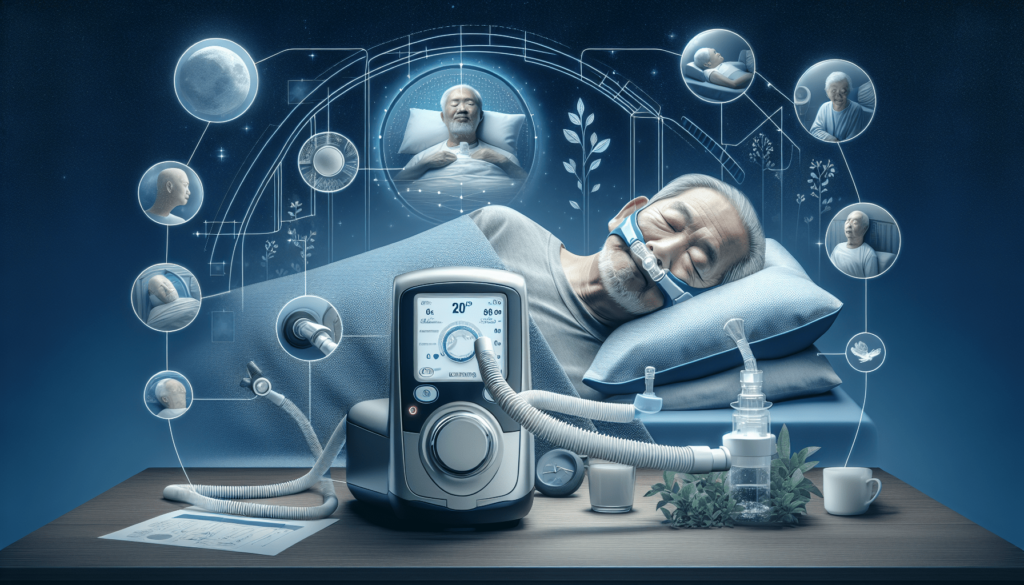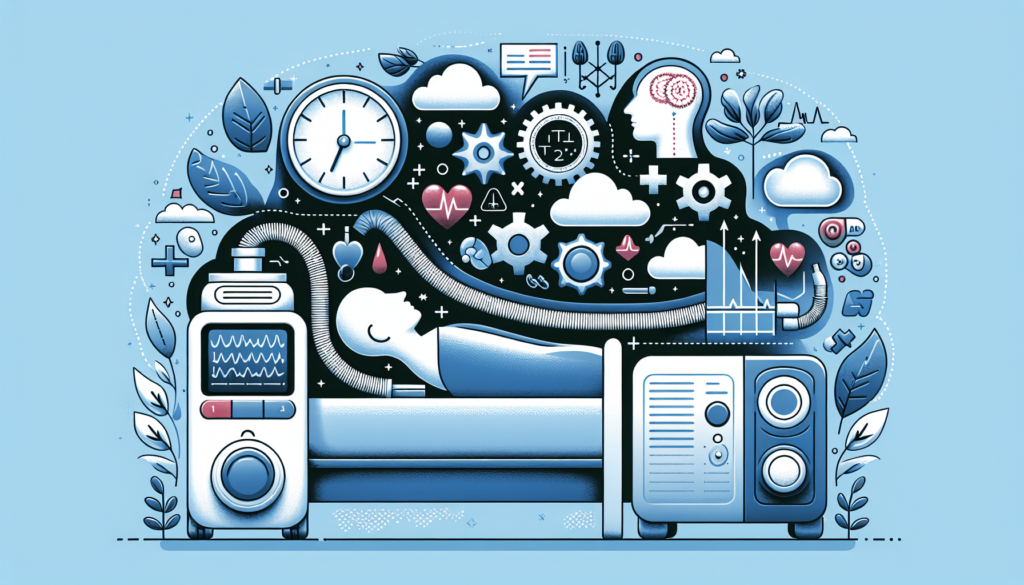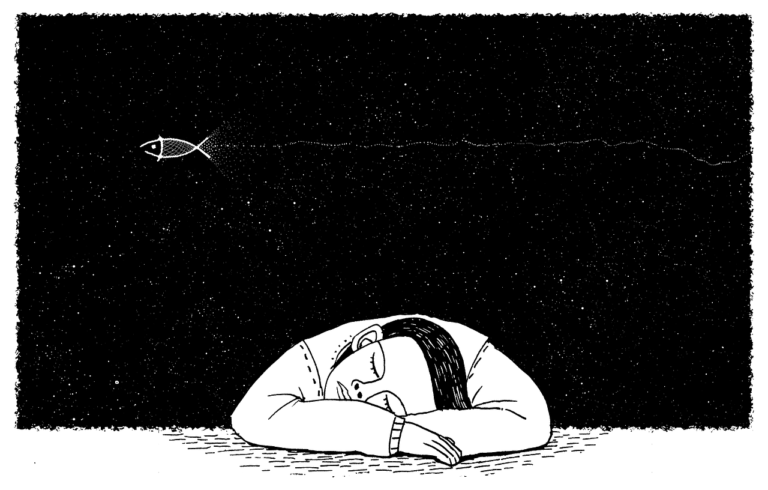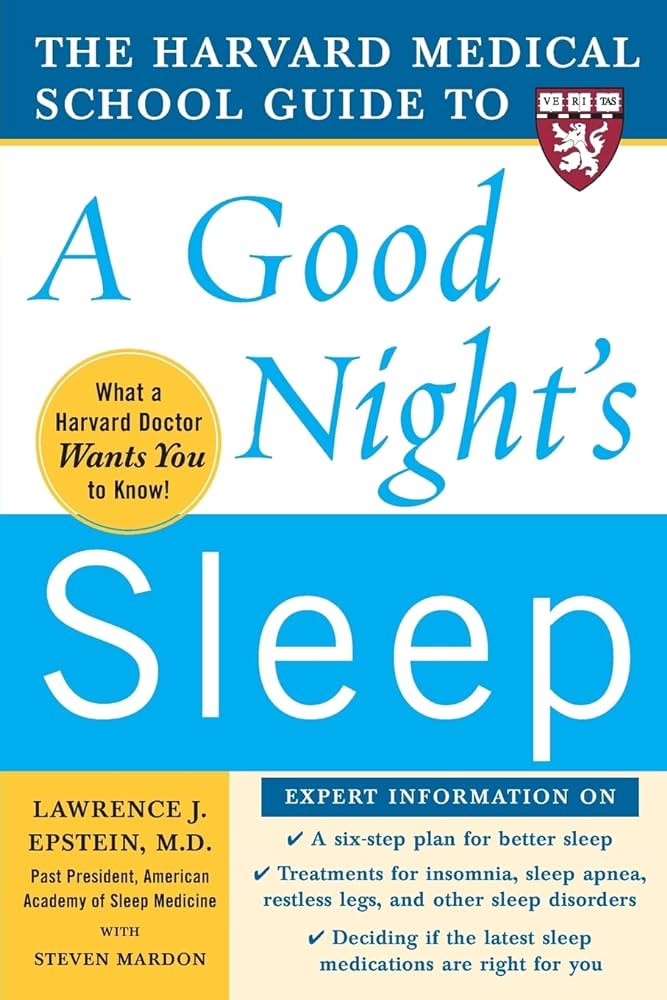Understanding the Importance of Autotitration for Sleep Apnea Treatment
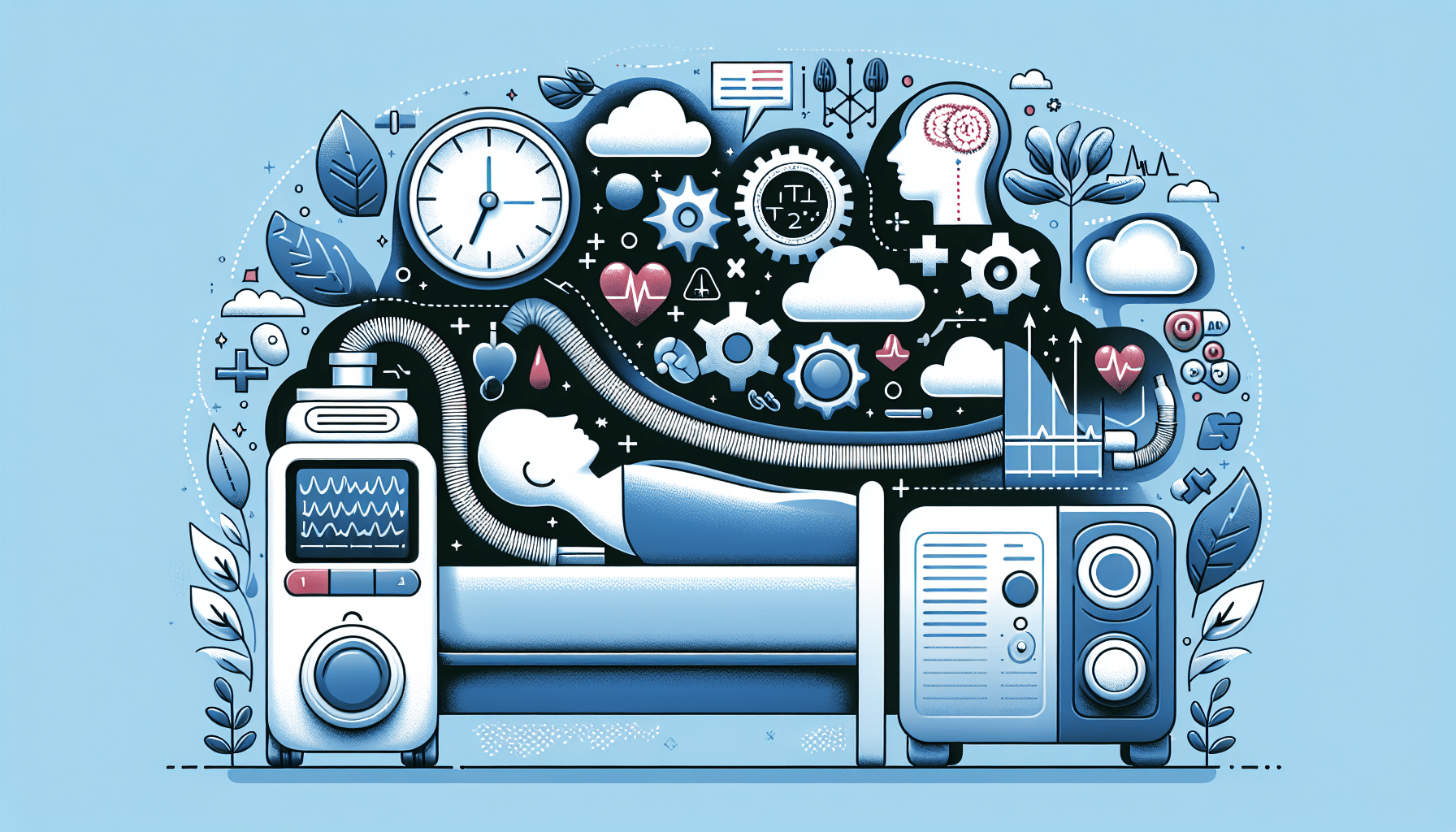
Imagine a life where you wake up each morning feeling refreshed, energized, and ready to take on the day. A life where the restless nights and constant exhaustion are a thing of the past. That’s the power of uninterrupted sleep, and it’s what we strive to help our patients achieve at Vector Sleep Clinic. We understand the importance of treating sleep disorders, such as sleep apnea, to not only improve your sleep quality but also safeguard your overall health. With our licensed and insured team, we offer comprehensive care, including autotitration CPAP, to ensure you get the restful sleep you deserve. Don’t let sleep disorders control your life any longer – unlock the magic of restful nights with us.
Sleep Disorders and their Impact on Health and Productivity
Sleep disorders have become increasingly prevalent in today’s fast-paced world, causing significant disruptions to our health and productivity. Conditions such as insomnia, sleep apnea, and others can have serious implications for our overall well-being. It is crucial to address these issues promptly and seek appropriate treatment.
Insomnia
Insomnia is a common sleep disorder characterized by difficulty falling asleep or maintaining sleep. It can lead to daytime fatigue, lack of concentration, and decreased productivity. Stress, anxiety, and certain medications are among the common causes of insomnia. Recognizing the symptoms and seeking medical guidance is essential for managing this condition effectively.
Sleep Apnea
Sleep apnea is a potentially serious sleep disorder that involves interrupted breathing during sleep. This disruption can occur due to an obstruction in the airway (obstructive sleep apnea) or the brain failing to signal the respiratory muscles (central sleep apnea). Both types of sleep apnea can have detrimental effects on our health if left untreated.
Other Sleep Disorders
Apart from insomnia and sleep apnea, there are various other sleep disorders that can significantly impact our well-being. Restless leg syndrome, characterized by an irresistible urge to move the legs during rest, and hypopnea, which involves shallow breathing during sleep, are examples of such conditions. Seeking professional help to diagnose and treat these disorders is crucial for improving our sleep quality and overall health.
Understanding Sleep Apnea
What is Sleep Apnea?
Sleep apnea is a sleep disorder where breathing repeatedly stops and starts. These pauses in breath can last anywhere from a few seconds to minutes and can occur multiple times throughout the night. As a result, individuals with sleep apnea may experience fragmented sleep and decreased oxygen levels in the body.
Types of Sleep Apnea
There are two main types of sleep apnea: obstructive sleep apnea (OSA) and central sleep apnea (CSA). OSA is the most common type and occurs when the muscles at the back of the throat fail to keep the airway open. CSA, on the other hand, is caused by a disruption in the brain’s signaling to the muscles that control breathing.
Causes of Sleep Apnea
Several factors contribute to the development of sleep apnea. Obesity, excess weight around the neck and airway, family history, and certain lifestyle choices such as smoking and excessive alcohol consumption can increase the risk of sleep apnea. Understanding the underlying causes is crucial for effective diagnosis and treatment.
The Risks of Untreated Sleep Apnea
Sleep apnea, if left untreated, can lead to a range of serious health risks. It is important to recognize these risks and take proactive measures to seek appropriate treatment.
Heart Attacks
Sleep apnea has been linked to an increased risk of heart attacks. The disrupted breathing patterns during sleep can put a strain on the cardiovascular system, leading to a higher likelihood of heart-related issues.
Strokes
Similarly, the intermittent pauses in breathing can have detrimental effects on the brain, increasing the risk of strokes. Proper management of sleep apnea is crucial for minimizing this risk.
High Blood Pressure
Sleep apnea is closely associated with high blood pressure. The fluctuations in oxygen levels and the strain on the cardiovascular system can contribute to the development or worsening of hypertension.
Car Accidents
The constant sleep disruptions and daytime fatigue associated with sleep apnea can greatly impair one’s ability to operate a vehicle safely. This increases the risk of car accidents and poses a danger not only to the individual with sleep apnea but also to others on the road.
Problems at Home or Work
Sleep apnea can lead to excessive daytime sleepiness, irritability, and difficulty concentrating. These symptoms can significantly impact personal and professional relationships, leading to problems at home and work.
Sexual Dysfunction
Sleep apnea has been linked to sexual dysfunction in both men and women. The lack of quality sleep and decreased oxygen levels can contribute to decreased libido and other sexual health issues.
Obesity
There is a bidirectional relationship between sleep apnea and obesity. Excess weight can contribute to the development of sleep apnea, while sleep apnea can further worsen weight gain. Addressing sleep apnea is crucial for weight management and overall health.
The Importance of Sleep Studies
Sleep studies, also known as polysomnography, are essential diagnostic tools for identifying and understanding sleep disorders such as sleep apnea. These studies provide valuable insights into the patterns of sleep, breathing, brain waves, and other physiological parameters.
Diagnostic Tools
During a sleep study, various sensors and electrodes are applied to the body to monitor different aspects of sleep. This includes measuring brain activity, eye movements, muscle tone, heart rate, and oxygen levels. By analyzing these data, sleep specialists can accurately diagnose sleep disorders and tailor treatment plans accordingly.
Benefits of Sleep Studies
Sleep studies offer numerous benefits for individuals experiencing sleep disorders. They provide a comprehensive assessment of sleep quality, the presence of any abnormal sleep patterns, and potential underlying causes. This information is invaluable for developing personalized treatment plans and ensuring effective management of sleep disorders.
Introducing Vector Sleep Clinic
When it comes to addressing sleep disorders, Vector Sleep Clinic stands out as a reliable and trustworthy provider of comprehensive sleep care. Our clinic is licensed and insured, ensuring that you receive expert guidance and support throughout your journey towards restful sleep.
Comprehensive Care Approach
At Vector Sleep Clinic, we believe in taking a comprehensive approach to diagnose and treat sleep disorders. Our team of experienced sleep specialists is committed to providing personalized care plans tailored to your specific needs.
Diagnosis of Sleep Disorders
Using state-of-the-art diagnostic techniques, including sleep studies, we accurately diagnose sleep disorders. By understanding the underlying causes and patterns, we can effectively guide you towards appropriate treatment options.
Treatment Options
We offer a range of treatment options to suit your individual needs. This may include lifestyle modifications, positional therapy, oral appliances, and continuous positive airway pressure (CPAP) therapy, among others. Our team will work closely with you to evaluate the most suitable treatment approach for your sleep apnea.
Personalized Care Plans
At Vector Sleep Clinic, we understand that each individual is unique. That’s why we develop personalized care plans to address your specific sleep disorder and lifestyle requirements. We prioritize your comfort, convenience, and well-being every step of the way.
Understanding Autotitration
Definition of Autotitration
Autotitration, also known as auto-adjusting positive airway pressure (APAP), is a technology designed to continuously monitor and adjust the pressure delivered by a CPAP machine during sleep. This innovative approach ensures optimal pressure levels while accommodating changes in breathing patterns throughout the night.
How Autotitration Works
Autotitration CPAP machines utilize advanced algorithms to analyze breathing patterns and adjust the pressure settings accordingly. The device can detect even the slightest changes in airflow, ensuring that the airway remains open and unobstructed.
Benefits of Autotitration for Sleep Apnea Treatment
Utilizing autotitration technology for sleep apnea treatment offers several advantages that enhance the effectiveness and compliance of therapy.
Individualized Treatment
Autotitration allows for the customization of treatment to meet each patient’s specific needs. The device monitors breathing patterns in real-time, ensuring that the pressure is tailored to the individual’s requirements throughout the night. This personalized approach optimizes treatment outcomes and promotes better sleep quality.
Continuous Monitoring and Adjustment
Autotitration CPAP machines track and analyze breathing patterns continuously. If the device detects any changes in airflow or disruptions in breathing, it automatically adjusts the pressure settings to maintain optimal therapy effectiveness. This continuous monitoring ensures that the treatment remains effective even as sleep patterns fluctuate.
Improved Compliance
Compliance with CPAP therapy can be challenging for some individuals due to discomfort or difficulties adjusting to fixed pressure settings. Autotitration addresses these concerns by automatically adjusting the pressure levels, enhancing comfort, and promoting better compliance. This, in turn, leads to improved treatment outcomes and a higher likelihood of long-term adherence to therapy.
Autotitration CPAP Machines
Autotitration CPAP machines offer a range of features and functions that contribute to their effectiveness and success in sleep apnea treatment.
Features and Functions
Autotitration CPAP machines are equipped with advanced algorithms and sensors that monitor various parameters during sleep. These include breathing patterns, airflow changes, and oxygen levels. The device can make instantaneous adjustments to the pressure settings based on the real-time data gathered, ensuring optimal therapy delivery.
Effectiveness and Success Rates
Studies have shown that autotitration CPAP machines are highly effective in treating sleep apnea. The ability to continuously monitor and adjust therapy settings leads to improved treatment outcomes, better sleep quality, and greater patient satisfaction. Autotitration has been shown to reduce apnea-hypopnea index (AHI) scores and promote overall sleep improvement.
Conclusion
Investing in restful sleep is vital for maintaining good health and productivity. Sleep disorders such as sleep apnea can have significant implications for our overall well-being. By understanding the importance of autotitration and seeking professional care, you can take control of your sleep apnea treatment. Vector Sleep Clinic offers comprehensive care and personalized treatment plans to ensure that you receive the highest level of care. Don’t let sleep apnea disrupt your life any longer – unlock the power of uninterrupted sleep and regain control of your health and well-being.

